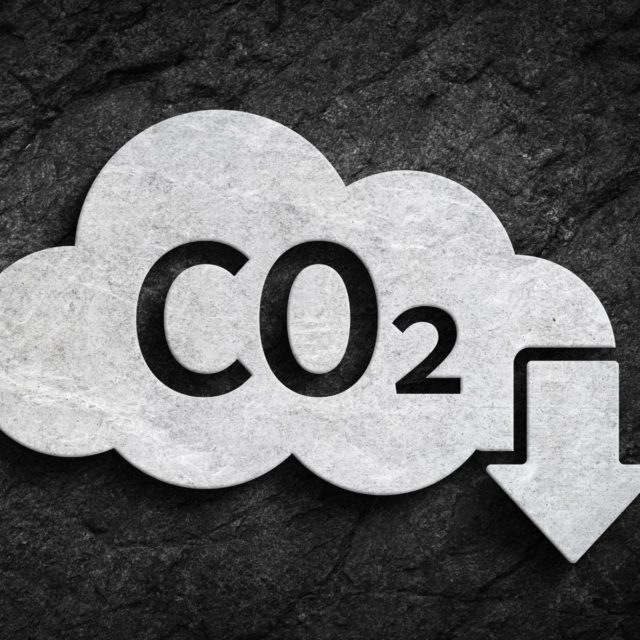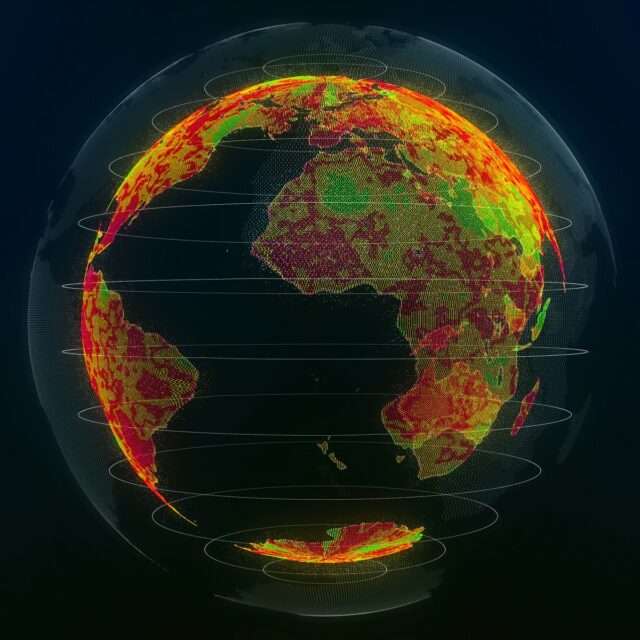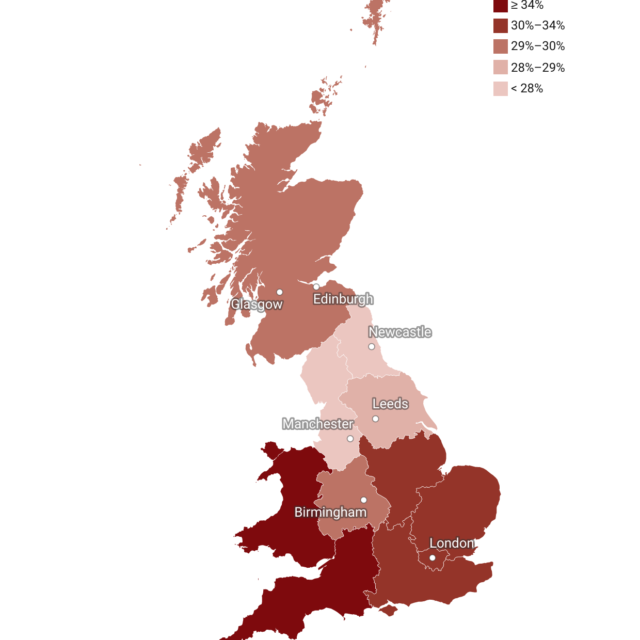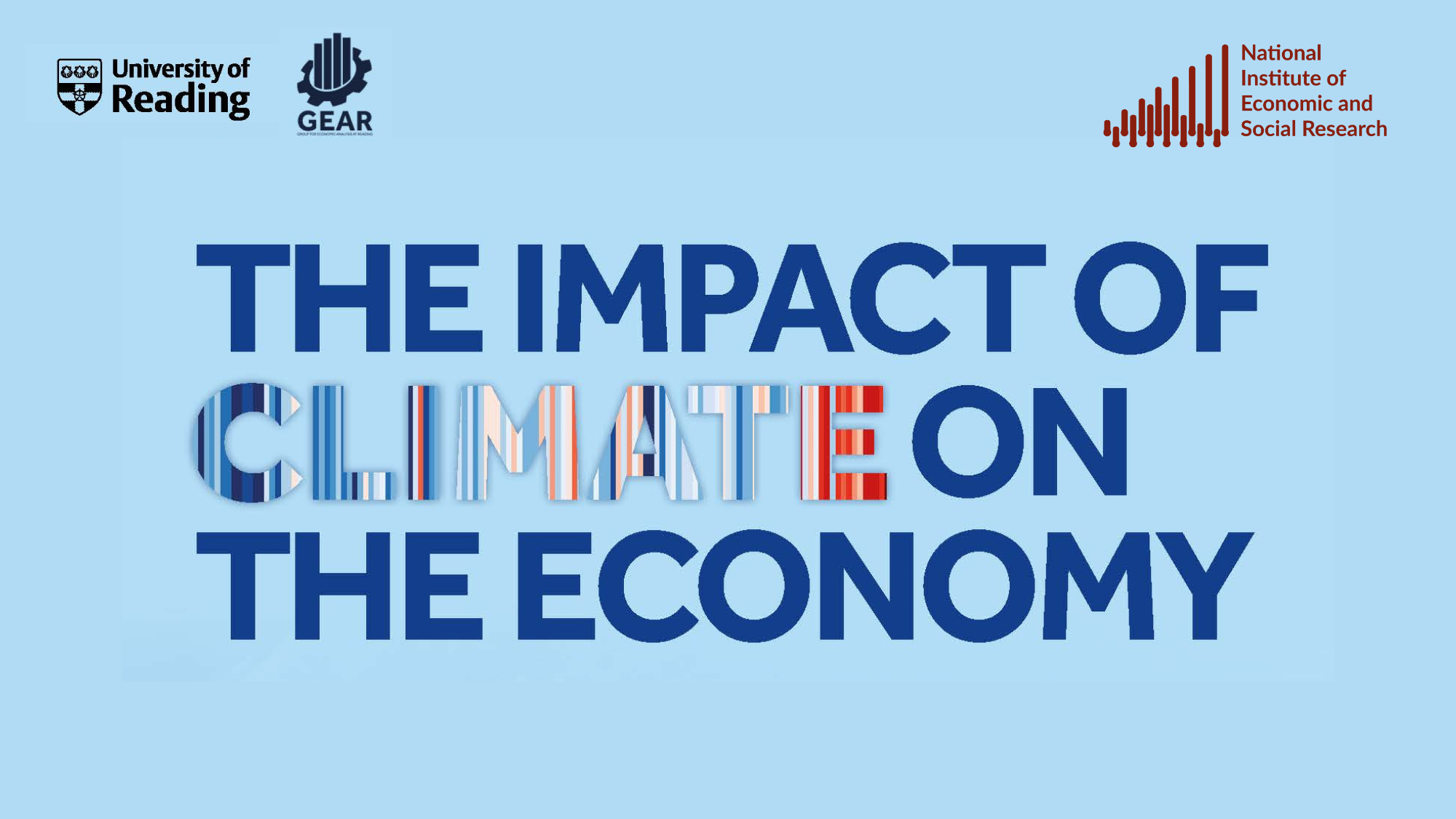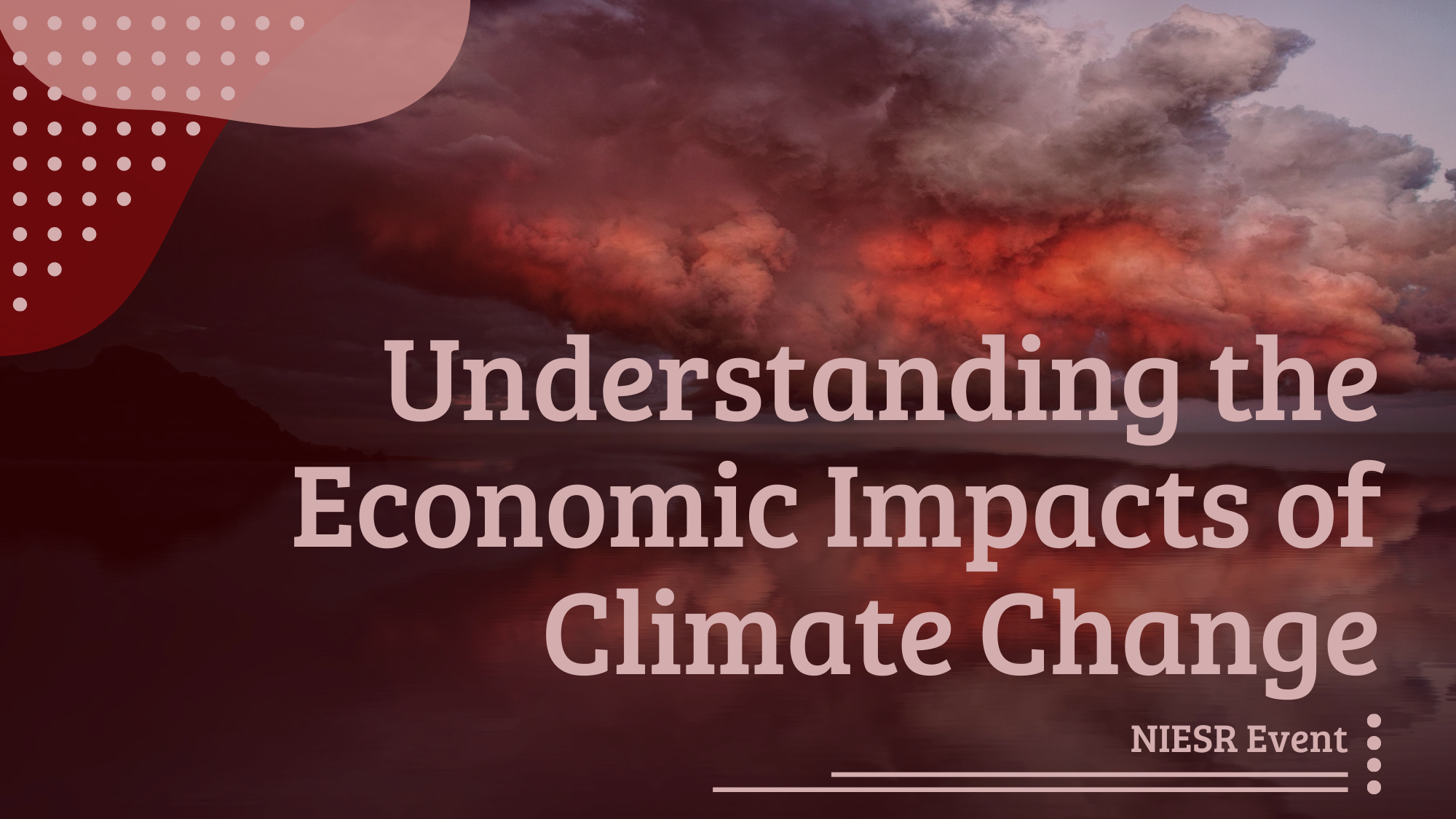Press Release: NIESR’s Findings used as part of Phase II of NGFS Climate Scenarios
On 7th June, NIESR was delighted to present its findings as part of the launch event for Phase II of the Network for the Greening of the Financial System (NGFS) climate scenarios. These scenarios have been developed using our in-house global macroeconomic model NiGEM, which has the advantage of providing greater detail on macroeconomic variables. NiGEM is used by policymakers and private-sector organisations around the world, with a key feature being its ability to develop scenarios under different policy regimes.
NIESR was invited to join the NGFS in late 2020, and since then has been working closely with the modelling consortium to provide a clear assessment of the impact of climate change on a wide range of macroeconomic variables. A key challenge to understanding climate risks and preparing for the transition to a low-carbon economy is the multitude of uncertainties faced, such as:
- Temperature pathways have a wide margin of error
- The reaction of climate globally and regionally has many uncertainties
- The policy pathways to support the transition can take many forms
- The reactions of individuals (firms and households) are uncertain
- Financing the investment needed to transition to a low-carbon economy may come from a range of sources
- How the transition will be (“orderly” or “disorderly”?)
Whilst it may not deliver answers to all these questions, the newly developed climate-change module for NiGEM enabled an enriched set of scenarios to be produced, which built on a transparent set of assumptions and modelling choices. This ensured a consistent approach across countries and, by providing sufficient levels of country-level detail, enabled stress-testing and scenario analysis to take place that assessed different policy responses.
One key finding from our modelling is centred around the importance of policy assumptions. For example, if all carbon revenue is channelled into government investment, the transition shock could deliver a net positive to global GDP.
We look forward to working on the next stages of the project to develop new scenarios.
Follow our work on this topic via our website or through Twitter, including @NIESRorg, @NiGEMmodel and @NGFS_
